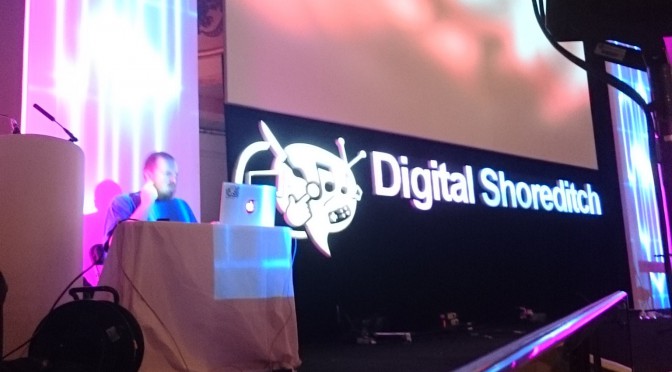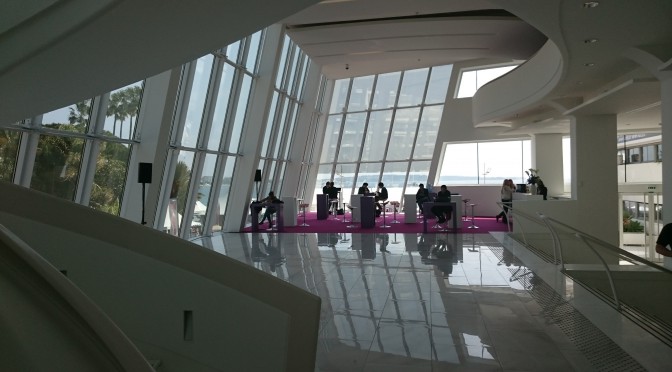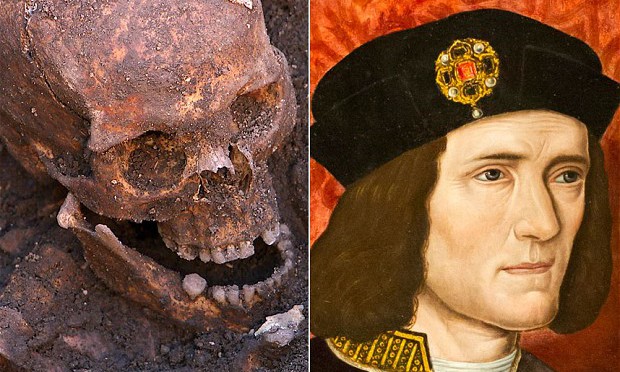Korea has created a Digital Media City (DMC) on the outskirts of Seoul and houses nearly all its broadcasters there. Like MediaCity UK in Salford. But way bigger. This is the enormous HQ for MBC, one of the three Korean public channels. Check out its OTT ‘window on the world’ promotional video on the link above.… Continue reading How Seoul’s Digital Media City matches up to Salford’s MediaCityUK
Category: ideas
Peoples Broadcasting in the age of the internet
When the British electorate voted for a Conservative government, to replace the previous Tory-Liberal Democrat coalition, there were a few predictions of doom for the funding of pubic services in the UK. For the BBC, the result confirmed that their role, size and funding will be firmly in the sights of the new administration – though I imagine… Continue reading Peoples Broadcasting in the age of the internet
MIP-TV: Yes We Cannes!
Long gap since my last post, apologies. But last week I went to the annual MIP-TV market in Cannes which gave me plenty to think (and write) about. Four days of meetings equated a big batch of ideas – though the word product seems more appropriate in such a marketplace. Fewer people were wandering the Palais this year –… Continue reading MIP-TV: Yes We Cannes!
From Hamlet to Richard III – history brought to life
I took part in a live-action role play a couple of weeks ago, called Inside Hamlet at Kronborg castle in Denmark. It was set in the 1930s, giving a whole new spin to Shakespeare’s tale. I learnt a massive amount about what history means by acting it out (as a Lutheran exorcist priest). And… Continue reading From Hamlet to Richard III – history brought to life
Diversity is not an option, it’s the mainstream
Last week I went to a diversity debate in Malmo called Eye to Eye – Reflecting Childrens Reality. On the panel was a commissioner from the Swedish Film Institute, the head of the Kids Film Fest BUFF, and an animation producer from Norway, to discuss diversity in films for children and young people. Moderated by Cecilie Stranger-Thorsen,… Continue reading Diversity is not an option, it’s the mainstream
Are games the way to reach TV audiences?
Still on my Transfer Deadline theme, yesterday the BBC had a couple of outside experts giving their views on the players who might be on the market.Fifa Interactive World Cup 2014 Grand Final competitor David Blytheway and Football Manager expert Alex Stewart provided insight and analysis of players involved in deals from a gamer’s perspective.Got me thinking… Continue reading Are games the way to reach TV audiences?
A transfer window for TV production companies?
For me today is going to be a challenge to focus on work while keeping an eye on the info-fest that is Transfer Deadline Day. For those that aren’t into football, it’s one of the two days in the year (the other is the end of August) when the transfer window closes, and clubs are… Continue reading A transfer window for TV production companies?
The factual shows in 2015 that I haven’t seen yet
I know It might be a bit late to do some predictions for 2015, but here they are anyway. Some thoughts on what I’m looking forward to in 2015. If they exist already, please send me a link! Something that uses the visceral thrill of stunt bike descents and builds a proper story around it.… Continue reading The factual shows in 2015 that I haven’t seen yet







